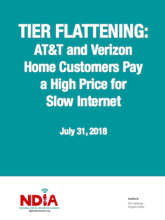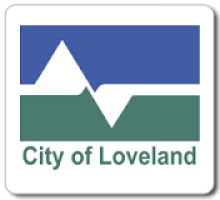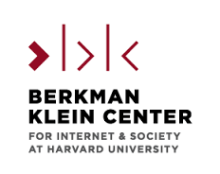Tier Flattening: AT&T and Verizon Home Customers Pay a High Price for Slow Internet

In recent years AT&T and Verizon, the nation’s two largest telco Internet providers, have eliminated their cheaper rate tiers for low and mid-speed Internet access, except at the very slowest levels. Each company now charges essentially identical monthly prices – $63-$65 a month after first year discounts have ended – for home wireline broadband connections at almost any speed up to 100/100 Mbps fiber service.
This policy of upward “tier flattening” raises the cost of Internet access for urban and rural AT&T and Verizon customers who only have access to the oldest, slowest legacy infrastructure.
Affordability is the greatest barrier to increased home broadband subscriptions. In the United States, broadband is becoming faster for some households and more expensive for others.
This report from the National Digital Inclusion Alliance (NDIA) takes a detailed look at tier flattening from AT&T and Verizon, digging into monthly rates that users pay and the types of services they obtain from each company. The authors put the numbers side by side and show that those purchasing what used to be the most economical Internet access service are now simply paying higher rates for slow service.
Download the report to see the comparisons and the authors' analysis.



